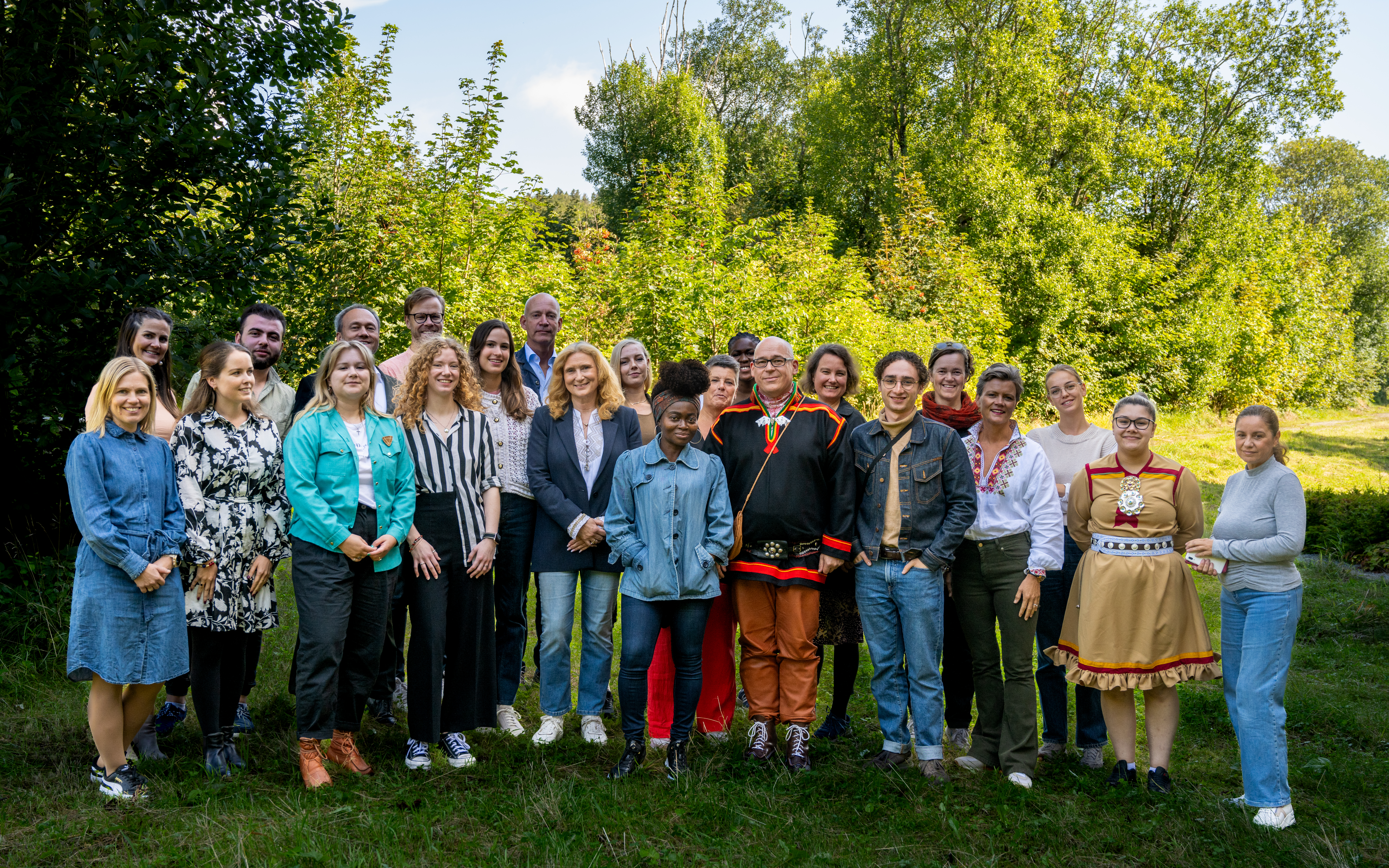The InvolveMENT project seeks to enhance mental health support for youth with national minority, indigenous and refugee backgrounds, by tailoring public eHealth services to their specific needs.
Petter Viksveen
The Research Council of Norway
01.07.2023 – 30.06.2027
The project is a collaboration between the University of Stavanger and 10 partners
In 2023, The InvolveMENT-team began their 4-year collaborative research project to improve the mental health of youth from minority backgrounds.

The InvolveMENT collaborative research project aims to improve the mental health of youth with national minority, indigenous and refugee backgrounds by meeting their information and personalised mental health needs, using public eHealth services. Existing services have not been adapted to meet the needs of minority youth and no research evidence exists to determine service acceptability, effectiveness, cost-effectiveness or safety of such services in Norway. The InvolveMENT research project will apply a co-design process involving youth with national minority, indigenous and refugee backgrounds and multiple stakeholder organisations to develop proposals for adapted, culturally sensitive, equitable and sustainable healthcare services.
The InvolveMENT project involves youth representatives from national minorities, indigenous backgrounds, and refugees throughout all stages of the research. These of youth, as well as co-researchers and partner organisation representatives have contributed to developing the project and preparing data collection which starts in 2024. The findings will contribute to develop proposals to better meet the mental health needs of minority youth, and eventually to test the effectiveness, cost-effectiveness and safety of the adapted services.
Collaborating partners
The InvolveMENT project is a collaboration between:
- University of Stavanger, SHARE – Centre for Resilience in Healthcare, Department of Quality and Health Technology, Faculty of Health Sciences
- UiT The Arctic University of Norway, Regional Centre for Child and Youth Mental Health and Child Welfare (RKBU North), Faculty of Health Sciences
- Queen Mary University of London (UK)
- The Norwegian Directorate of Health
- Norgga Sámiid Riikkasearvi - Norwegian Sámi association
- Kvääninuoret - Kven Youth
- Finnmarkssykehuset HF, Sámi klinihkka, Samisk nasjonal kompetansetjeneste – psykisk helsevern og rus (SANKS)
- Helse Stavanger HF, Department of Child and Adolescent Mental Health Care
- Stavanger Municipality
- Competence center for lived experience and service development (KBT)
- Self-help for Immirgants and Refugees (SEIF)
The project also includes representatives from:
- Det Mosaiske Trossamfund
- Romano kher
- Taternes landsforening
- Forest Finns
- Horn of Africa
- The Middle East